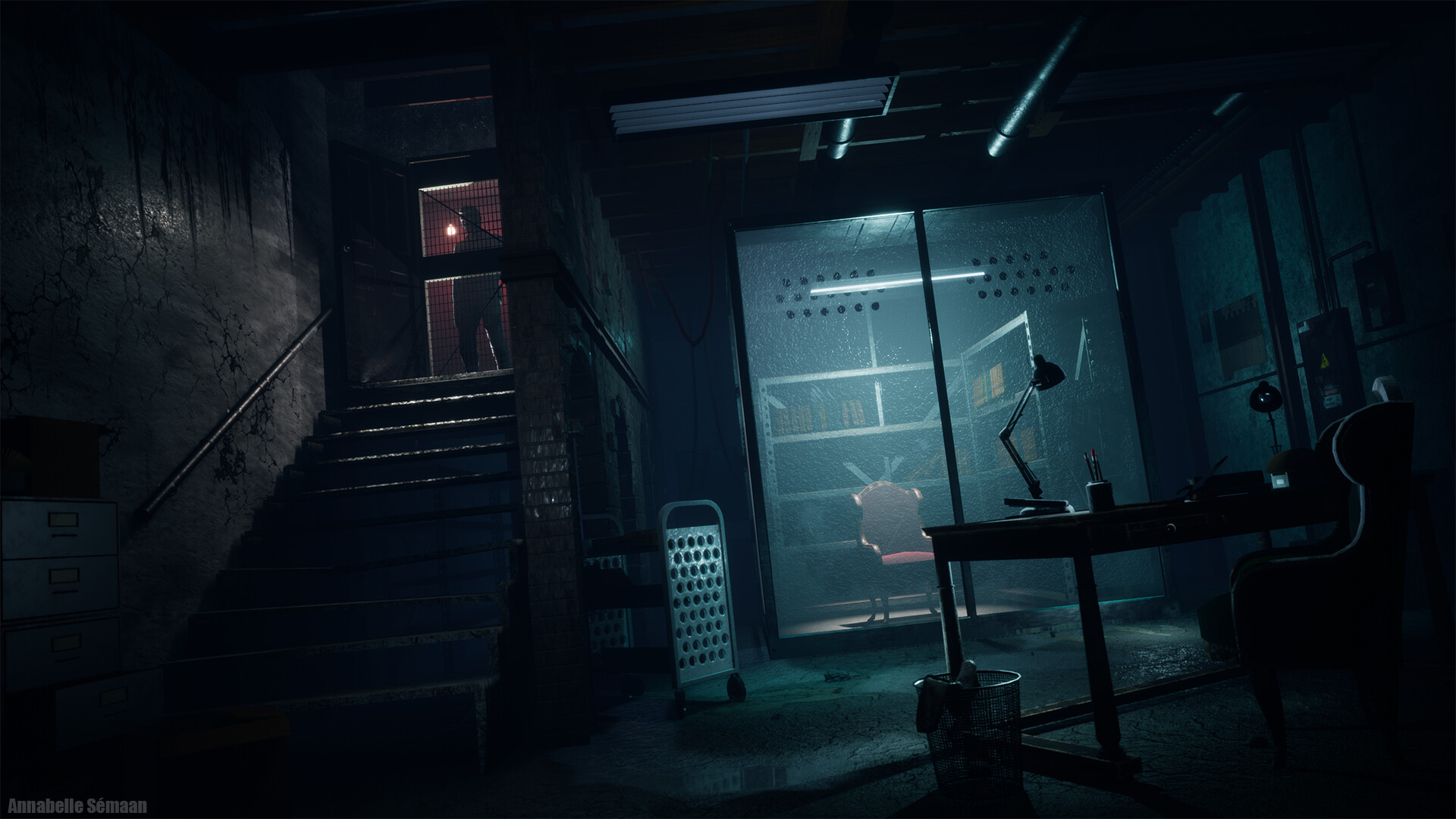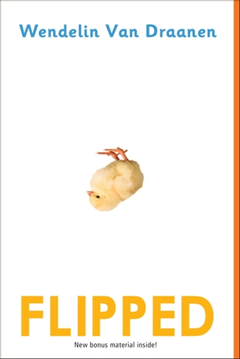In part one, I briefly introduced what Little Women is about and my favorite protagonist, Jo. By illustrating their daily lives, the author pointed out many social issues people confront in reality. This still but page-turning novel is an adaption based on the author's real experience back in 19 century, which means that she might have been limited by absurd principles herself or witnessed the torturing of unfair treatment. She observed unreasonable or ridiculous phenomena and had them down with her gifted writing hand. One of the issues that I care about the most is the stereotype about sexes. In the late 19 century, gender shackles had already existed to chain the hands of both men and women. Women couldn't compose as they wished, and men were supposed to hold paper instead of putting hands on piano keys. Those were what happened to Joe and her best friend, Lourie.
Women's Typical Life in 19 century
From what I observed, Joe is a girl born to an eminent writer because she is sensitive to her environment and people. She can see, tell and feel more than her sisters, although she doesn’t act like a fine lady and loves to speak with slang. Most importantly, reading is all she wants to do the most once there is space in tons of house chores. While reading books, her mind will no longer stay in her body but in the world of books' setting background. Knowing the irresistible charm of a novel, she knows how to compose, which I can hardly do. There is once that Amy threw Jo's manuscript into fire because she is not allowed to watch the play with Jo and Meg. When Jo found out her script went missing, those paper have burned into ashes. Her anger is a lifted fire in the forest that will only burn more and more. Overwhelmed by her anger, she even shouted that she won't forgive Amy as ling as she lives. Although she is reasonable when saying that, it shows the importance of writing inside her heart. After she works officially as a writer, things happen. Not being the trending topic, her works are rejected so many times until she compromise (Thankfully, she changed her style back and eventually publishes a best seller.) Other reason is her gender. Ignored as a female writer, her writing career doesn’t go well in the starting line because male writers were the majority in that area. In her era, many limitations blocked women from getting well-paid jobs or higher positions. The stereotypes chained them in houses as “proper” wives, and men were also deprived of their rights.
Men were not the absolute Winners
Lourie will be considered a considerate man with the finest manner if he is born in my time. I can tell that by reading his sweet assistants for Jo and Meg, his gentle behaviors in interactions with others and his uttering. He is the exact Mr. Charming for girls who want a caring bf ❤️. Within his times, his personality seemed too weak and girly by the social impression that men should be rugged and masculine. Even the dream of being a pianist is rejected firmly by his grandfather, Mr. Lourie. In his expectation, Lourie ought to engage in business as his grandson and heir so his future is promising. Men weren’t totally those who benefited from the gender stereotype, at least not in Lourie boy’s case.
The issue of gender equality never cools down because people won't give up until they make it. After entering college, I have heard countless addresses and events related to gender equality, which may be why the comparison between Jo and Lourie relates to me a lot. In the process of reaching the balance, both women and men are valued.




























